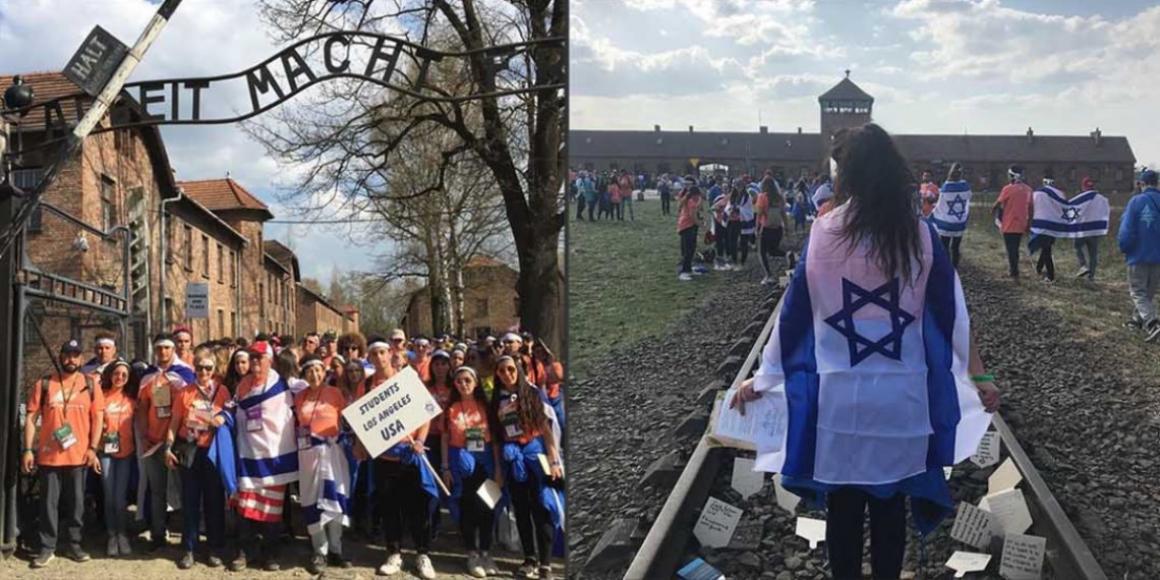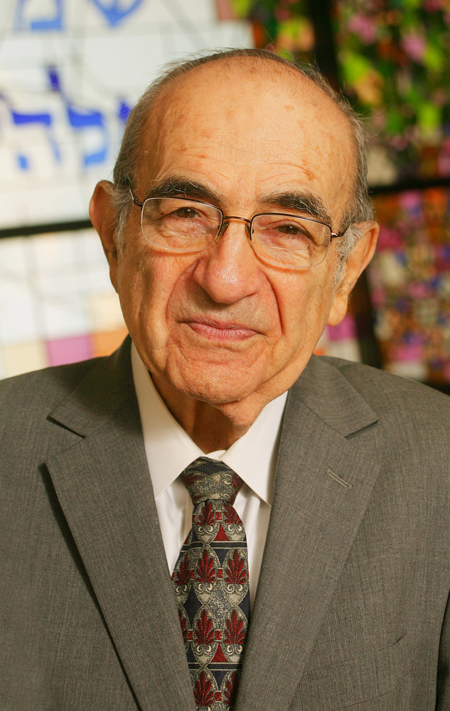
On Yom Hashoah: Remember, Educate, Act
Pesach, a holiday of remembering, is followed one week later by Holocaust Remembrance Day and, the next week, by Israel’s Memorial Day. The motif of memory runs deep in Jewish thought and ritual. What is it about remembering that is so compelling?
On the occasion of Yom HaShoah, I cannot but reflect on the experience of BJE March of the Living, a journey to Poland and Israel during these weeks after Pesach (cancelled this year because of Coronavirus). The mantra of BJE March of the Living – emblazoned on the T-shirts and consciousness of all participants – is Remember, Educate, Act. Memory is a starting point for educating ourselves and others and, most important, it serves as a call to action.
Among the most memorable and uplifting aspects of BJE March of the Living is interaction with survivors; people who witnessed and experienced virtually unimaginable brutality and have led lives grounded in optimism about the future and a commitment to the well-being of others. No less moving is meeting with those “righteous among the nations” who, at great risk to themselves and their families, assisted and gave shelter to Jews, preserving the lives of countless generations. The late Rabbi Harold Schulweis reminded us of the importance of honoring these heroic people and, as Jews, of combatting genocide around the world. Memory and action are, in Jewish teaching, inextricably intertwined.
 In thinking about Rabbi Schulweis on Yom HaShoah, I recall the first time that I heard him speak. As a teacher at a BJE-affiliated school in the 1970s, I attended BJE’s Annual Summer Institute, a multi-day professional development program conducted by BJE for many years, each August. At one such Institute, Rabbi Schulweis spoke about the importance of a positive Jewish educational message. Jewish education, he urged, should not be predicated on the theme: millions of Jews were killed during the Holocaust; therefore you should be Jewish. Rather, Jewish education must be grounded in helping learners live meaningful and fulfilling lives, drawing upon our rich heritage. This is modeled by the survivors with whom BJE March of the Living participants interact.
In thinking about Rabbi Schulweis on Yom HaShoah, I recall the first time that I heard him speak. As a teacher at a BJE-affiliated school in the 1970s, I attended BJE’s Annual Summer Institute, a multi-day professional development program conducted by BJE for many years, each August. At one such Institute, Rabbi Schulweis spoke about the importance of a positive Jewish educational message. Jewish education, he urged, should not be predicated on the theme: millions of Jews were killed during the Holocaust; therefore you should be Jewish. Rather, Jewish education must be grounded in helping learners live meaningful and fulfilling lives, drawing upon our rich heritage. This is modeled by the survivors with whom BJE March of the Living participants interact.
The Torah includes passages, among them the ten commandments, that are repeated, with variations in the text. These differences invite commentary. When, in Exodus (20:8), shabbat is referenced, the text reads: “zakhor" (remember) the Sabbath day and keep it holy. In Deuteronomy (5:12), the Torah instructs: “shamor” (guard/observe) the Sabbath day and keep it holy. One classical explanation – captured in the lekha dodi hymn welcoming shabbat, each Friday evening – is that these two words, zakhor and shamor, were expressed in a single utterance. Memory and action are, in Jewish tradition, inseparable. As thousands of BJE March of the Living alumni would frame it: Remember, Educate, Act.
Dr. Gil Graff is the Executive Director of BJE
The International March will be airing the 2020 Virtual March of the Living on Tuesday, April 21 at 4:00PM PDT at motl.org/live, on Facebook at facebook.com/motlorg, as well as on Jewish Broadcasting Service at jbstv.org/watch-live.
